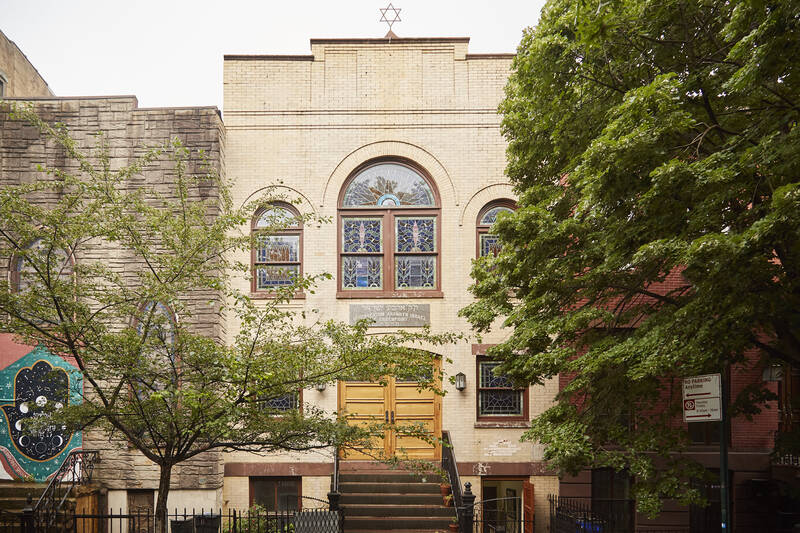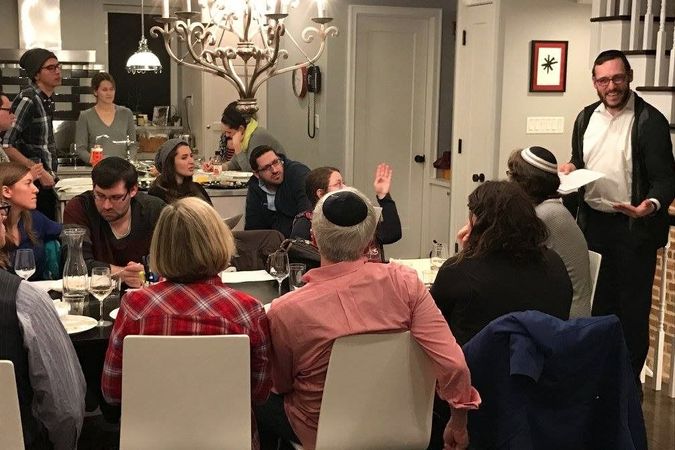
After many years of serving Brooklyn’s Orthodox Jewish community, I’ve learned that understanding and respecting traditional customs is essential for providing appropriate funeral service support. While flowers aren’t typically part of Orthodox Jewish funeral traditions, I’ve found it valuable to share what I’ve learned about these meaningful customs to help other funeral service providers work respectfully with families during their time of loss.
The Importance of Timing
One of the most crucial aspects I’ve learned about Orthodox Jewish funerals is the timing. These services typically happen very quickly after passing, usually within 24 hours if possible. This timing has taught me several important lessons:
What I’ve Observed About Scheduling
Through experience, I’ve learned that:
- Funerals may be arranged and held within hours of passing
- Services are not held on Shabbat (from sunset Friday to sunset Saturday)
- During holidays, different timing considerations apply
- Family members often travel from far away on very short notice
- The community moves quickly to support the bereaved family
Borough Park and Williamsburg: Community Considerations
Working in Brooklyn’s largest Orthodox Jewish communities has taught me much about their unique characteristics:
Understanding the Neighborhoods
Each area has its own considerations:
- Borough Park’s narrow streets require careful navigation
- Williamsburg’s busy thoroughfares need advance planning
- Parking can be especially challenging during school hours
- Certain routes should be avoided during prayer times
- Community members often walk to services
Traditional Customs and Practices

While my role as a florist is limited in Orthodox Jewish funerals, understanding these traditions helps me better serve the community when they need other services:
Key Traditional Elements
I’ve learned that:
- Simplicity is paramount in all aspects of the funeral
- The focus is on honoring the deceased without ostentation
- Wooden caskets are standard, emphasizing equality in death
- Charitable donations are often preferred to flowers
- The community provides tremendous support to the bereaved
Working with Local Funeral Homes
My experience with Brooklyn’s Jewish funeral homes has taught me valuable lessons about cultural sensitivity:
What I’ve Learned About Collaboration
Through years of service, I’ve found:
- Clear communication with funeral directors is essential
- Understanding Hebrew terms helps avoid misunderstandings
- Respect for tradition guides all decisions
- Timing coordination must be precise
- Having backup plans is crucial due to quick scheduling
Supporting Families Appropriately
While flowers aren’t traditionally part of Orthodox Jewish funerals, there are other ways we’ve learned to support families:
Alternative Ways to Express Condolences
I often suggest:
- Fruit baskets for the family during shiva
- Kosher food arrangements when appropriate
- Charitable donations to preferred organizations
- Support for the chevra kadisha (burial society)
- Following up after the mourning period
Special Considerations for Different Communities
Brooklyn’s diverse Jewish communities have taught me that customs can vary:
Understanding Variations
I’ve noticed that:
- Different Hasidic communities may have specific customs
- Sephardic and Ashkenazi traditions can vary
- Some communities have specific charitable preferences
- Local rabbis often guide families in traditional practices
- Community customs influence timing and procedures
The most important lesson I’ve learned serving Brooklyn’s Orthodox Jewish community is that respect for tradition and understanding of customs is paramount. While my role may be different from what it is in other communities, being knowledgeable about these traditions helps me provide more appropriate and meaningful service when needed.
What matters most is supporting families in ways that align with their beliefs and traditions, even if that means suggesting alternatives to our usual services. This understanding has made me a better service provider to all communities in our diverse borough.
